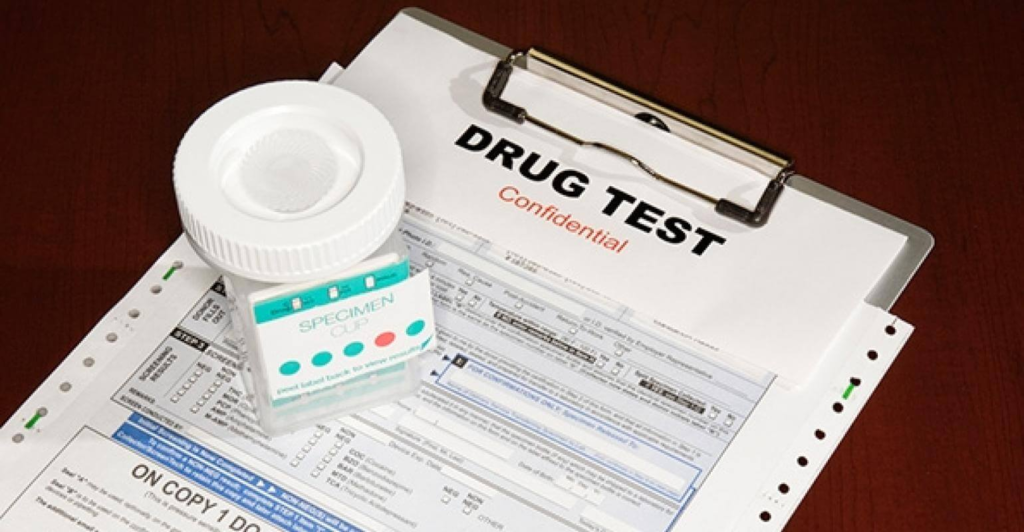Drug testing is an essential preventive tool employers large and small can use to protect their organizations from the high costs of workplace drug use, including absenteeism, accidents, theft, and violence. If you are considering implementing a drug testing policy in your company, here are four things you need to know:
What substances are included in a drug screen?
Drug tests are sophisticated, and you can design a screening panel to include any number of illicit substances, but the most common pre-employment drug screen panels include the following:
- Methamphetamines
- THC
- Cocaine
- Opiates
- Phencyclidine
What specimens are collected for drug screens?
The most typical drug tests are conducted using urine specimens. Urine tests are inexpensive and fast, but they have a relatively short window for detection, usually about 5 to 10 days for most substances. Hair, blood, and saliva sample can also be taken for testing, but the costs of these tests are usually prohibitive for most purposes without providing commensurate benefits.
Many employers also opt to conduct random screening post-employment, especially for safety-sensitive positions. This regimen will protect against keeping employees on board who suspended their substance use during the application process only to start up again once hired.
What benefits accompany workplace drug testing?
Safety is a significant benefit of a solid, consistent drug testing policy as substance-related impairments lead to workplace accidents. Money is another benefit. While drug testing does cost money, a drug-free workplace is free from the high costs of drug-related problems such as the following:
- Elevated worker’s compensation costs
- High rates of absenteeism
- High turnover
- Low productivity
In the long run, the bottom-line impact of the benefits far outweighs the costs of a drug-testing program.
Is drug testing legal?
This answer varies from state to state. It’s wise to consult trusted legal counsel before proceeding with any drug testing plans. That said, the following best practices are a suitable starting place for any drug testing policy in any location:
- Always provide advance notification the drug testing is part of your onboarding process
- Apply drug testing equally across all applicants for a given position
- Develop your drug screening policy using a position-specific approach
- Have your drug testing done at a certified occupational health laboratory
Don’t Skip the Test.
Drug testing makes a difference. A firm drug testing policy improves employee morale, increases productivity, decreases absenteeism, and reduces losses associated with theft and low productivity. Take the time to carefully evaluate the drug testing elements that will be the most beneficial for your unique workplace. Don’t skip the test.

